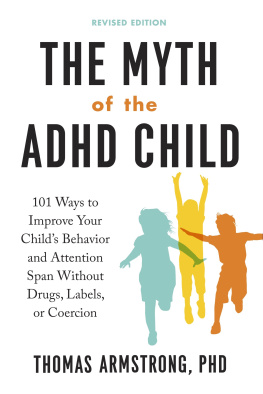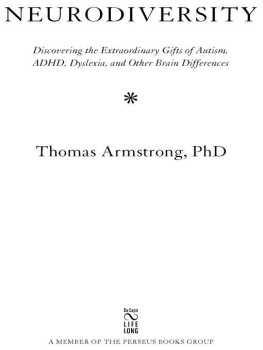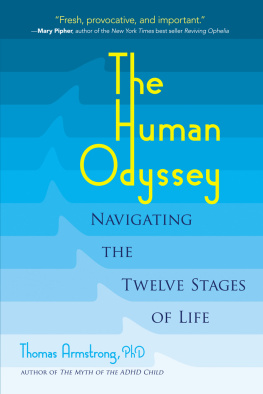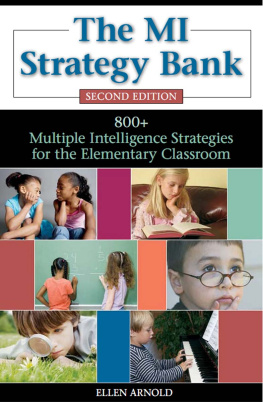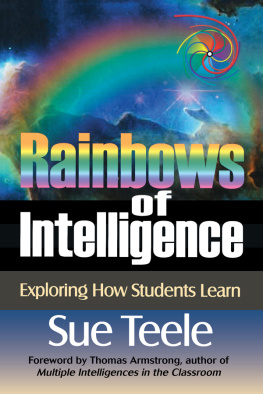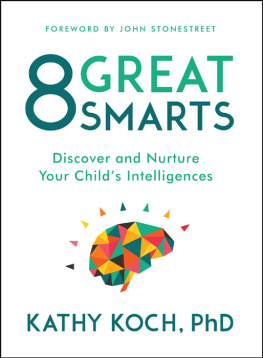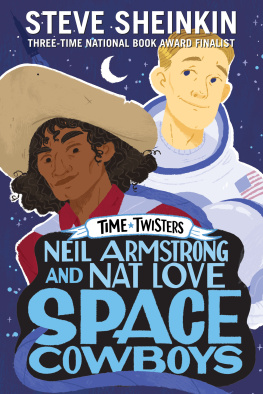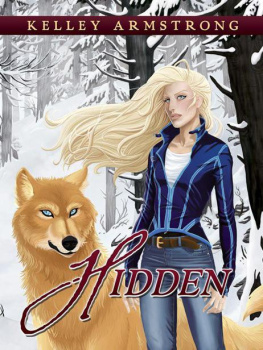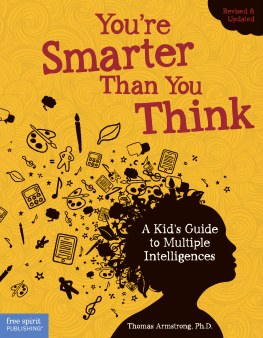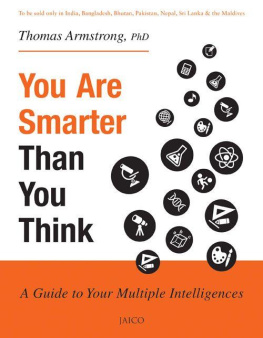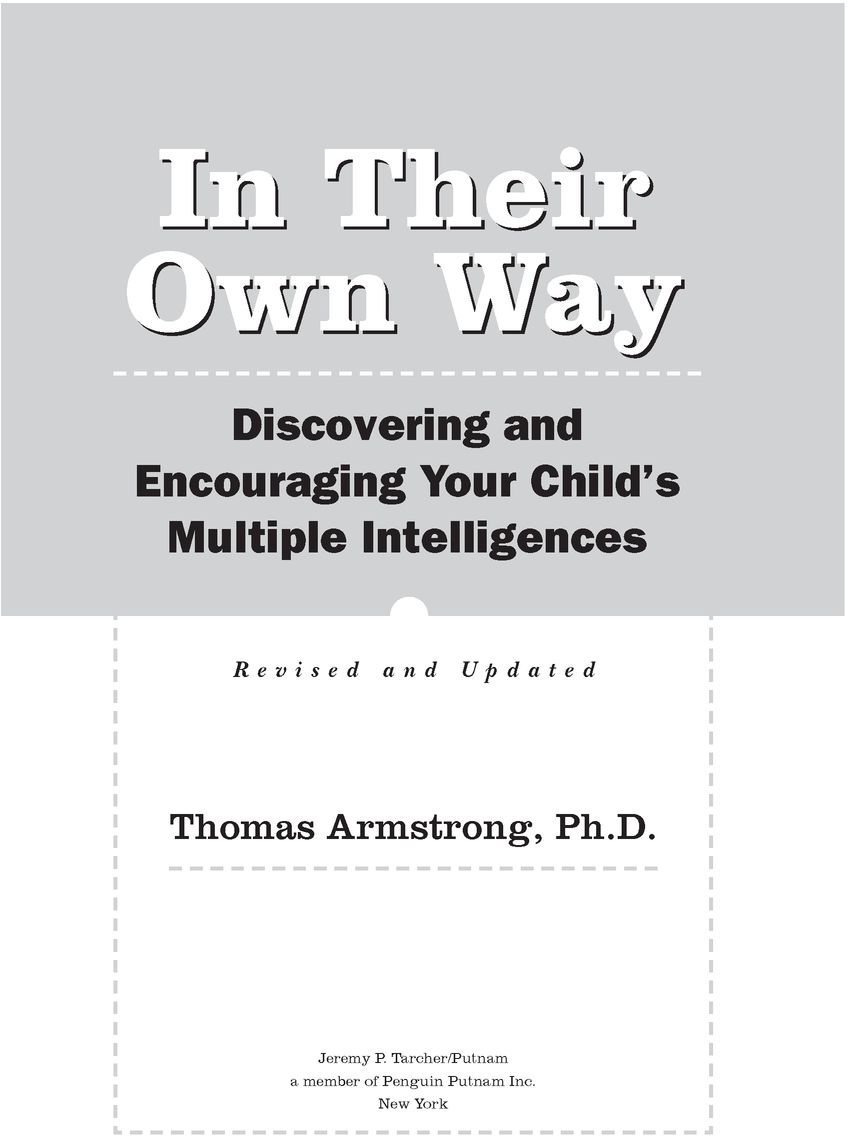Contents
Praise for In Their Own Way
Thousands of potentially good learners in this country are currently being labeled as learning disabled and treated as such. In Their Own Way provides wonderfully practical advice to parents about how to appreciate and foster every childs unique individuality and way of learning. I recommend it highly.
LOUISE BATES AMES, coauthor of Your Child from Five to Ten
Thomas Armstrong shows us how to use each students uniqueness in achieving quality education for all. In Their Own Way is a book to be read by parents and teachers.
LAURENCE J. PETER, author of The Peter Principle
The impact of the diagnosis of serious illness on adults has been thoroughly documented. Dr. Armstrong makes a valuable contribution to the subject of the harmful effects of inaccurate diagnosis and the subsequent labeling of children.
NORMAN COUSINS, author of Anatomy of an Illness
Too many educational specialists test, label, and throw their hands up. Thomas Armstrong asks us all to observe carefully, discern areas of strength, and help children to realize all of their potentials. He has written a positive and wholly constructive work.
HOWARD GARDNER, author of Frames of Mind
Thomas Armstrong outlines the problem so clearly and so carefully that all parents should be able to see themselves, as well as their children, in its pages.
LENDON H. SMITH, M.D., author of Improving Your Childs Behavior Chemistry
This is a kind, decent, caring bookone that should help parents through their childrens schooling years and support children through their growing times.
HERB KOHL, author of 36 Children
This book should be required reading, especially for those who make educational policy.
GEORGE LEONARD, author of Education and Ecstasy
Dedicated to the memory of Shari Lewis
Acknowledgments
I would like to thank several people for their support and assistance during the writing of both the original edition of In Their Own Way, and this revised and expanded edition. They include: the originator of the theory of multiple intelligences, Dr. Howard Gardner; my wife, Barbara Turner; my original editor, Janice Gallagher; my current editor, Mitch Horowitz; my professors at the University of Massachusetts (Harold Washburn), Lesley Graduate School (Dr. George Hein, Dr. Cynthia Cole, Dr. Jill Hamilton, and Alice McKearney), and the California Institute of Integral Studies (Dr. DeLee Lantz, and Dr. Ralph Metzner); the late John Holt; Diane Divoky; Dr. Stanley Krippner; the late Dr. Louise Bates Ames; Mert Hanley; my agent Linda Allen; and the thousands of children, parents, and professional educators Ive worked with over the years who have affirmed the shining principle of this bookthat every child deserves to learn in his or her own way!
Chapter
The Worksheet Wasteland
Neglecting Talents and Abilities in Our Nations Schools
How many thinkers and creative spirits are wasted, how much brain power goes down the drain because of our archaic, insular notions of brain and education? The numbers are undoubtedly horrendous.
JEAN HOUSTON, The Possible Human
Billy loved to invent crazy machines. One of them caused water to run down a chute, moving Ping-Pong balls into sockets, in turn causing bells to ring and a miniature pig to spin around. This finally moved an alligators head into which you could stick your pencil to be sharpened. Other machines did similarly creative and practical things. Yet in spite of these innovative projects, Billy was flunking out of school. He couldnt seem to do things the schools way. For example, when Billys mother asked him to figure out the area of a room using the methods the school had taught him, Billy struggled. He tensed his body, erased frequently, and finally came up with a totally unrealistic answer.
Then Billy did it his way. According to educator and human potential consultant Jean Houston, who was working with him at the time: Billy shut his eyes and made little rhythmic movements with his head, as if he were listening to an inner song. After a while he jotted down something on the pad, closed his eyes for some more internal business, opened them, jotted something else down, and gave us the correct answer. Asked to describe the process, Billy responded, Well, when I close my eyes to figure something out its like a cross between music and architecture.
Susan was a first grader who read the encyclopedia for recreation. In reading class, she had to patiently submit to a curriculum that included books with titles like ABC and Me and Little Pig. Finally, the teacher asked the class to write a story about Little Pig. Susan wrote: Little Pig, Little Pig. Ill tell you what you can do with Little Pig. You can take this book and...
By the age of twelve, Chris was managing two profitable businesses at home and had a one-man art show at his elementary school. At five, Justin was giving talks on the solar system, creating elaborate Lego structures, and writing and illustrating his own original stories. Marc was an eleven-year-old Dungeons and Dragons expert, widely read on the subject. He also created animated movies. All three of these boys were labeled learning disabled by their school districts and forced to attend special remedial classes at their respective schools.
Each of the children described above is a unique learner whose gifts, talents, and abilities were ignored by the schools. Theyre not alone. Every year millions of children across the nation are being labeled as ADD or ADHD (attention deficit disorder or attention deficit hyperactivity disorder), learning disabled, dyslexic, or simply as underachievers. Millions more seem to be making satisfactory academic progress but are secretly dying inside because their true gifts and abilities are not being drawn out by the schools. Your child may be one of them. Here are some questions to ask yourself in order to discover if this is indeed the case.
Does your child have some hobby, skill, interest, or ability that excites him at home? If so, is he getting a chance to use that talent or ability at school?
When was the last time your child raced home from school to tell you something important that hed learned that day?
Does your child like to hang around school at the end of the day, talking with a teacher, developing a project, or practicing a skill, or does he rush off as soon as the bell rings?
When you speak with the teacher about your child, what group of words does the teacher use most: problems, needs, difficulties, and disabilities, or talents, accomplishments, interests, and abilities?
Does your child complain of stomachaches, headaches, and anxiety in the morning before going off to school, or does he talk at the breakfast table about all the exciting things hes going to be doing that day?
Does your child bring home lots of textbooks, workbooks, and ditto sheets for homework, or does he instead have projects to work on that require real thought, creativity, and innovation?
The answers to these questions will give you a clue as to whether your childs school is nurturing his multiple intelligences. Over the past fifteen years, research by psychologist Howard Gardner and his colleagues at Harvard University has indicated that every child has many different ways of being smart: through words, numbers, pictures and images, music, physical expression, experiences with nature, social interaction, and self-understanding. Instead of focusing so much attention on human potential in a narrow wayas we do when we talk about a childs IQ score, for examplepsychologists, educators, and parents are now beginning to look at a childs potential more in terms of their multiple intelligences. Many schools have begun to incorporate multiple intelligences approaches into their curriculum. However, your childs school may not be one of them. The truth is that schooling for millions of children across the country is bland and boring. If your child sticks out one iota from the normin other words, if your child shows his true individual naturethen there is always the danger that he will be discriminated against or stuck with some sort of label and treated like a category instead of a real human being. Our schools have lost the ability to respond to individual differences. The purpose of this book is to help you regain that inner dignity for your children by discovering how they truly learn best and then helping them learn in their own way.


